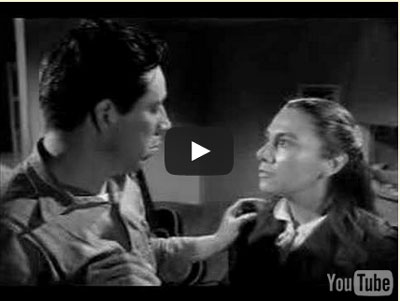Fri 24 October 2014
Violence against public service workers in Scotland has increased yet again last year and has nearly doubled over the past eight years.UNISON's Scottish Organiser, Dave Watson, will present the union's annual survey of violent incidents to UNISON Scotland's health and safety conference at Stirling University on Friday 24 October.
37,052 incidents were reported to public service employers last year – up 3,363 and almost double the 20,000 reported when the first survey was first conducted in 2006. He will highlight assaults on council workers, who have suffered four out of five job cuts in Scotland. They are seeing a year on year increase in violent incidents - 15,729 last year an increase of 850.
He will welcome improvements in data recording, although some public bodies are still failing to collate data properly. If they can’t collate data – they don’t know where to take the necessary action.
Dave Watson said:
“It is entirely unacceptable for staff who serve the public to be assaulted for simply doing their job. These statistics record reported incidents and are therefore only the tip of the iceberg of misery faced by workers across Scotland’s public services”.
"The biggest increase in violent incidents is happening in those services that have suffered staffing cuts. Workers are stretched too thinly, dealing with service users who are coping with cuts in the services they rely on. This is a toxic cocktail that is putting hard pressed workers at greater risk of violent assault."
Scott Donohoe, chair of UNISON Scotland’s Health and Safety Committee, said:
“To seriously tackle violence against staff we need proper monitoring, backed up by effective workplace measures to minimise the risks. We also need better legal protection for workers in the civil and criminal courts.”
There were 330 convictions under the Emergency Workers Act last year. Due to the limited scope of the Act few violent incidents result in criminal action. Sadly, efforts to address this were blocked by the Scottish Government when they opposed Hugh Henry MSP’s Protection of Worker’s Bill. The UK Government has also undermined protection for workers with cuts to the Criminal Injury Compensation scheme.
ENDS
Note for editors:
The UNISON Scotland Survey of Violence at Work 2014 is online here:
http://www.unison-scotland.org.uk/safety/ViolenceAtWorkSurveyOctober2014.pdf
There is clear guidance for councils on how to address this issue in Managing Occupational Violence in the Workplace (2010). NHS Scotland has similar PIN policies.













